Introduction: A Deepening Crisis
As Europe grapples with one of the most challenging migration crises in its history, political figures, celebrities, and social influencers are raising concerns about the broader implications for the continent. In this video, we explore the perspectives of influential European voices on the cultural and political challenges facing Europe today.
Europe’s migration crisis is more than just a border issue. It affects freedom of speech, social unrest, and even the future of democratic values across the continent. From the rise of mass immigration to a surge in political tension, the video brings together several key speakers to offer unique insights into the unfolding situation.
Miguel Berger: Political Disillusionment in Rural Europe
Miguel Berger, German Ambassador in the UK, kicks off the discussion by highlighting the growing disillusionment in rural areas of East Germany. He points out that citizens are drifting away from traditional political parties, particularly due to concerns about mass migration. According to Berger, the economic challenges posed by the war in Ukraine and the cost of living crisis further fuel this discontent.
He emphasizes that the only way to win back the protest vote is through delivery. The need for political accountability and action is urgent, as citizens increasingly feel alienated and concerned about their future.
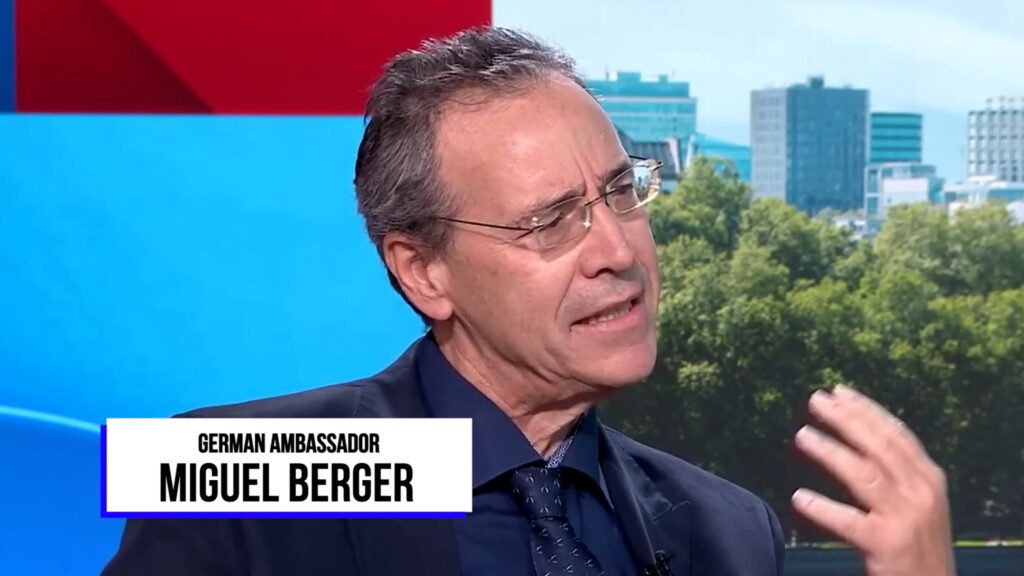
Kezia Noble: Targeting Immigration Critics
Kezia Noble, a British celebrity, expresses concern over how critics of immigration are being unfairly targeted. In her view, those who raise legitimate questions about the growing immigration crisis are silenced, while those who spread misinformation face little to no consequences. She warns that this disparity creates a dangerous divide, where open discussion is suppressed.
Her frustration is palpable, as she calls for a more balanced debate that allows all sides to voice their concerns freely.

Nigel Farage: Public Anger and the Criminal Justice System
Nigel Farage, leader of Reform UK, shares his observations on the increasing public anger. He highlights recent controversial releases of criminals to make space for individuals arrested for expressing their opinions on social media. This, he argues, is evidence that the government is more focused on appeasing certain groups rather than addressing the core issues affecting society.
Farage stresses that freedom of speech is under threat, and public outrage continues to grow as people feel their voices are being stifled.
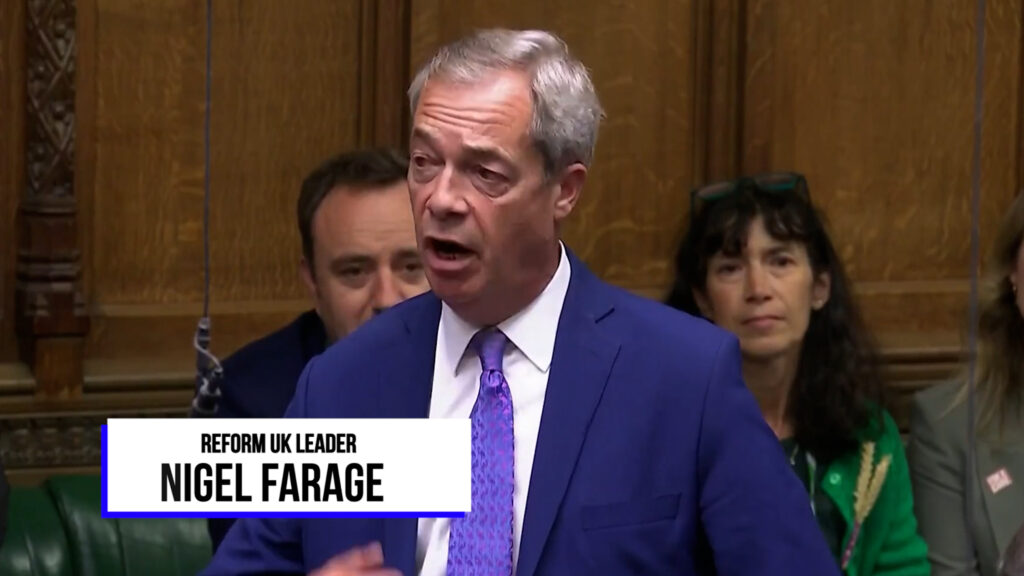
Dominik Tarczyński: The Politics of Fear
The Polish Member of the European Parliament, Dominik Tarczyński, presents a somber analysis of the politics of fear. From terrorism to radical Islamist threats, Tarczyński believes that fear is now the dominant force in European politics. He calls for politicians who are brave enough to “call things as they are” and fight for a return to normality, where freedom of speech and democracy are upheld.
He also points out the alarming rise in violent crimes such as stabbings and rapes, particularly in Germany and England, which he claims are not receiving the necessary attention from clerics or government officials.
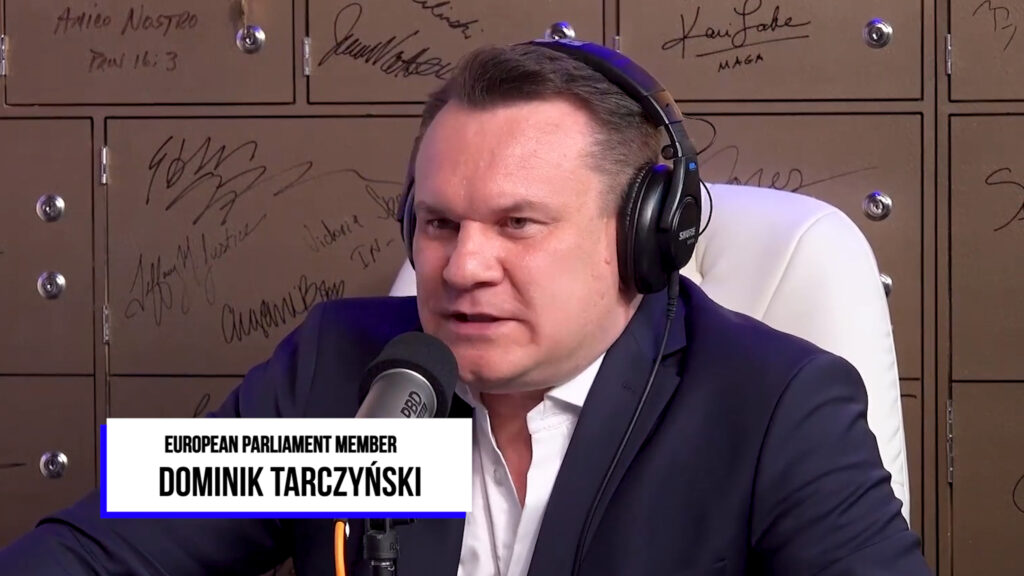
Andrew Eborn: The Decline of Freedom of Speech
Media lawyer and TV personality Andrew Eborn focuses on the global decline of freedom of speech, citing the recent arrest of the CEO of Telegram and the EU’s attempts to silence Elon Musk. Eborn argues that the growing trend of suppressing dissenting voices is an alarming sign for democratic societies.
He stresses the importance of maintaining free speech as a fundamental democratic right, calling for an end to the criminalization of thought.
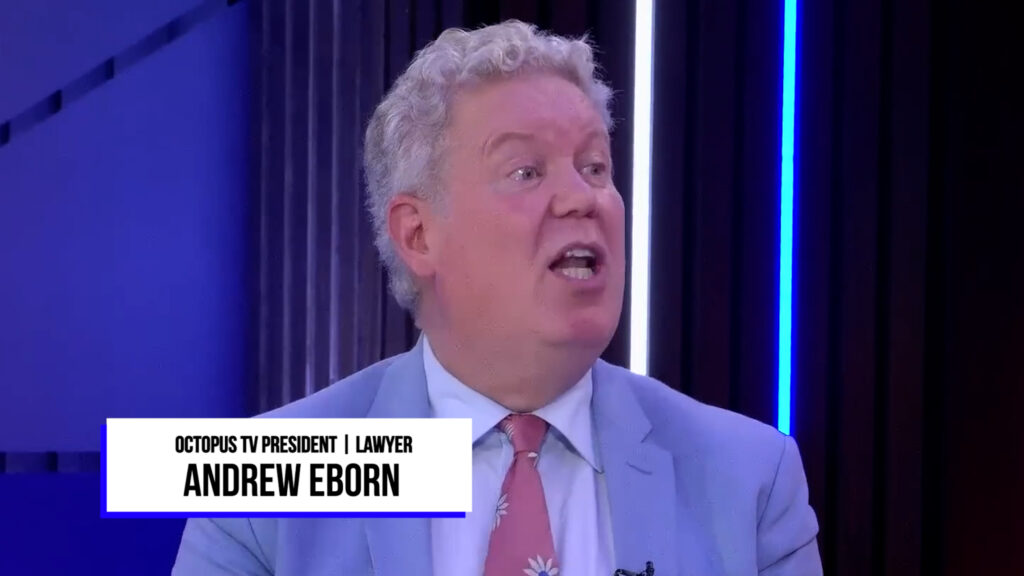
Markéta Gregorová: Information Control in the Digital Age
Markéta Gregorová, a Member of the European Parliament, shifts the conversation to the dangers of information technology being controlled by a small elite. She highlights the importance of creating a surveillance-free, private, and secure way for citizens to engage online.
Gregorová warns against unilateral decisions about individual imprisonments based on online activity, calling for stronger regulations that protect privacy and freedom in the digital sphere.
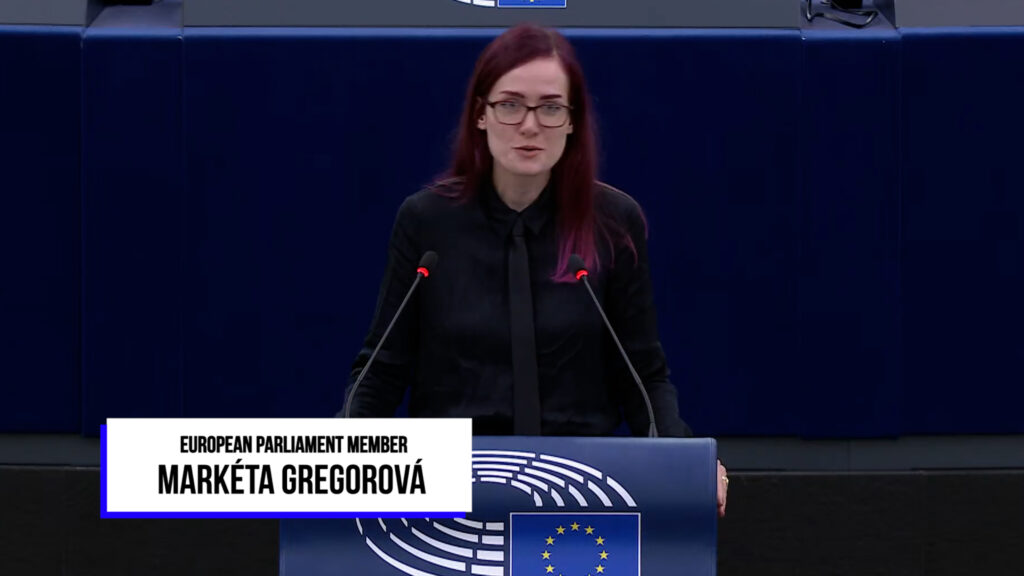
Fidias Panayiotou: The Role of Social Media Platforms
As a social media influencer and Member of the European Parliament, Fidias Panayiotou advocates for more accountability in social media platforms. He proposes the creation of organic fact-checking systems that inform users about the validity of the information they receive, without resorting to censorship.
In an age dominated by artificial intelligence, Panayiotou believes that providing users with factual information is more critical than ever.
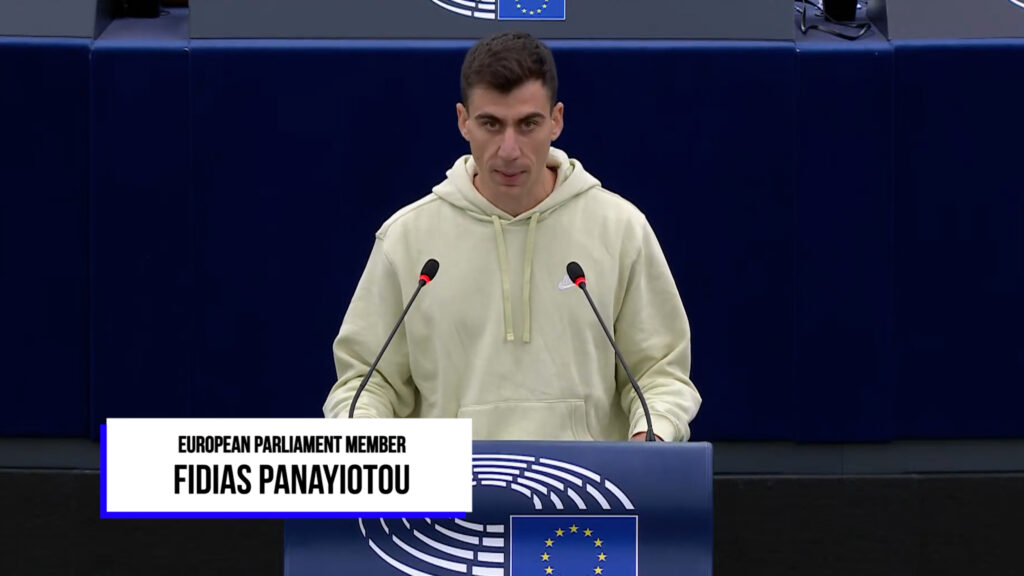
Konstantinos Ioannou: The Case for Legal Migration
Former Cypriot Minister of the Interior, Konstantinos Ioannou, shifts the focus to the issue of labor shortages across Europe. He argues that legal migration is essential for solving these shortages, but emphasizes that illegal migration must be combated. According to Ioannou, it’s vital that each European nation has control over its borders and decides its own immigration policies.
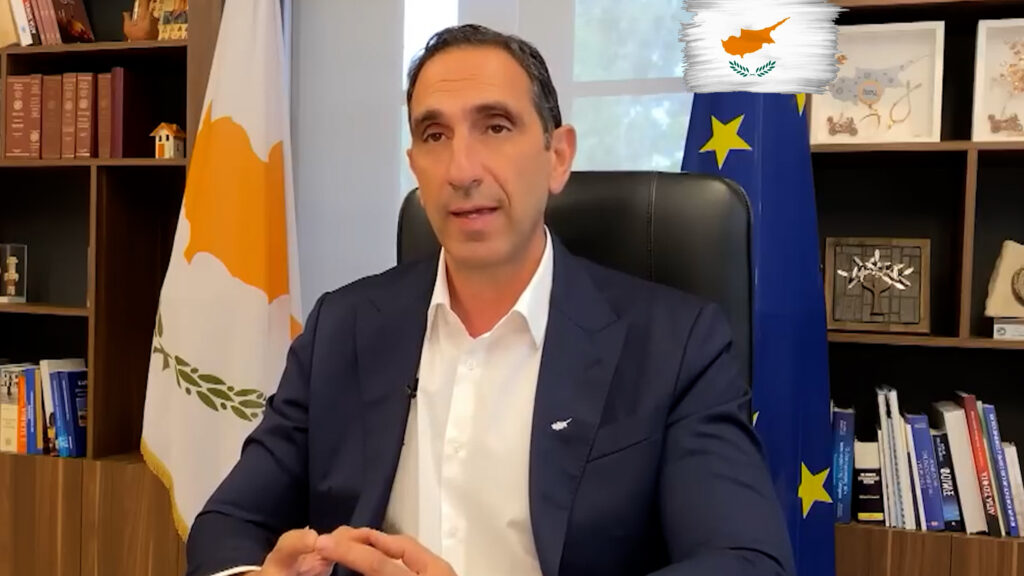
Leo Kearse: The Social Consequences of Open Borders
Finally, Leo Kearse, a presenter at GB News, takes a hard look at the social consequences of Europe’s open borders. He questions the reasons behind recent riots in Britain, wondering whether they were caused by racism, alcohol, or misinformation. Kearse is particularly critical of how some media outlets handled the events and points out that Europe’s inability to properly integrate migrants has led to the creation of parallel societies.
According to Kearse, Britain is no longer a unified country, but rather a borderless economic zone where millions of arrivals enter each year, some of whom fail to integrate into society.
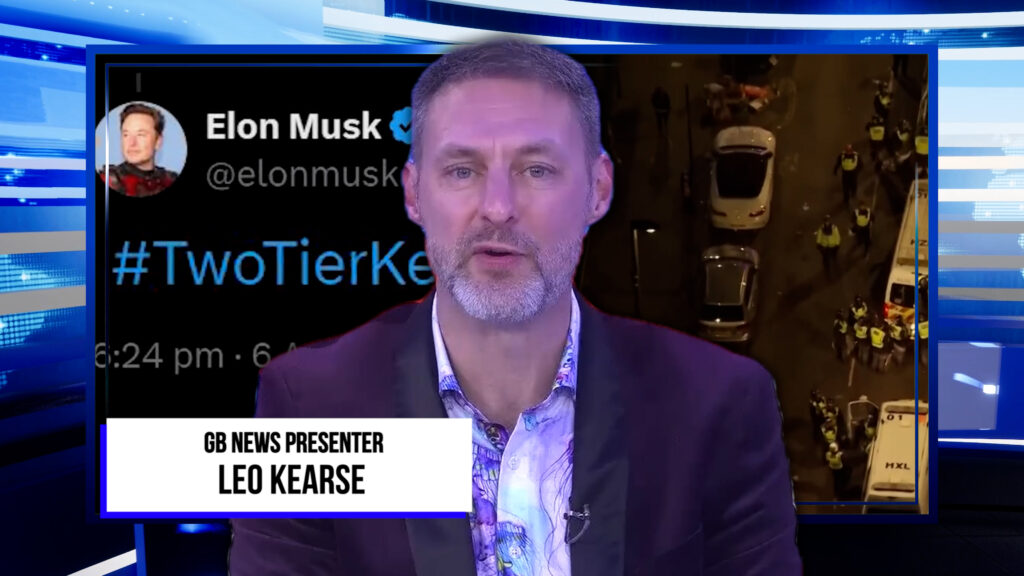
Conclusion: A Crisis That Demands Attention
Europe’s migration crisis is multifaceted, involving complex political, social, and economic challenges. As highlighted by the speakers in this video, the need for action is urgent. From mass immigration to freedom of speech, the time for Europe to address these pressing issues is now.
The conversation is far from over, and it is clear that Europe’s future depends on its ability to tackle these crises head-on.
